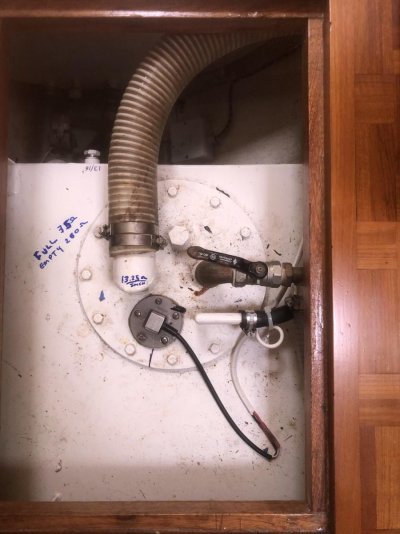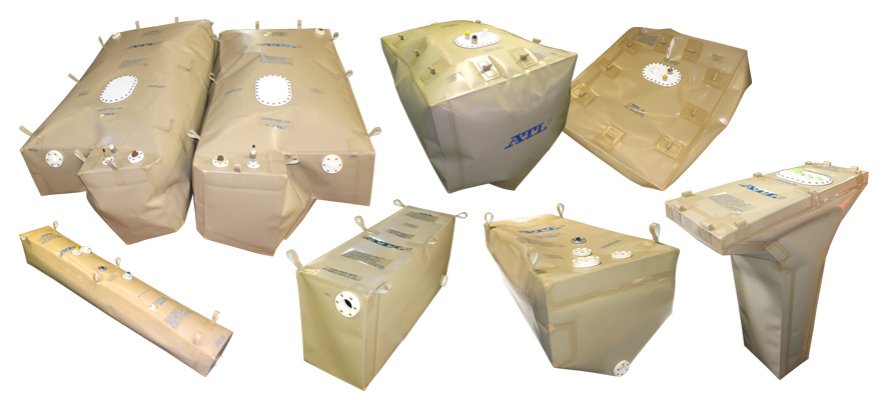Hi cks,
After experiencing the exact same disappointing scenario of discovery of a leaking water tank on the each of the last three boats I've owned, I've come to the conclusion that all efforts to determine the point of leakage and then repair said leak(s) with all sorts of "mouse milk", were ultimately fruitless. Very much simply a waste of time and resources.
Short of something easily visible and accessible, and thus easily mitigated, all efforts to inspect the interior of tankage inevitably runs into multiple baffled areas, rendering all sorts of efforts moot. Trying to navigate something like a borescope past baffles is simply a waste of time. And, should you successfully do so, and find a likely area of leakage, so what? You won't be able to reach it with your "mouse milk" short of flooding the tank 100% with the goop, at a significant expense, with unlikely positive results. And if there's one likely area of leakage, you can be 100% positive there are others either invisible, or waiting around the next corner to rear it's ugly head and render all your anguish and efforts moot.
In my opinion, ALL aluminum water tanks (and fuel tanks, for that matter), WILL ultimately leak, typically from corrosion products developed from the presence of chlorine in typical city water, and/or poor installation practices by the builder, allowing water (fresh or salt) to accumulate around the exterior. And when they do, the only fix is to reef them out, and replace them. And yes, that's not cheap or easy.
Given you apparently have at least one bolted access port to one area of your water tank, I suggest you remove it and attempt to inspect that area. Given the age of your tank, I suspect the inspection will make your hair curl, and you'll give up on fixing what you have, and move on to replacement. Save yourself much time and anguish, and make plans to replace your tank now. Once you get that old tank out, and can accurately and completely figure out why it failed in the first place, you'll feel very well justified in replacing it.
And finally, again in my opinion, unless there is a suitable off-the-shelf rotomolded plastic tank that will fit the area, replacement of your existing tank with a custom welded 316L stainless steel tank, fabricated by a known, quality fabrication facility, and installed properly is a solid option. Again, not cheap, but with an extremely high probability of success in the long run.
There are multiple references in the WWW (Steve D'Antonio is my favorite) providing sound guidance to tankage. While intimidating at the onset, ultimately not high on the list of tragic events in a boat owner's life. Expensive yes, but not the end of the world.
Regards,
Pete


